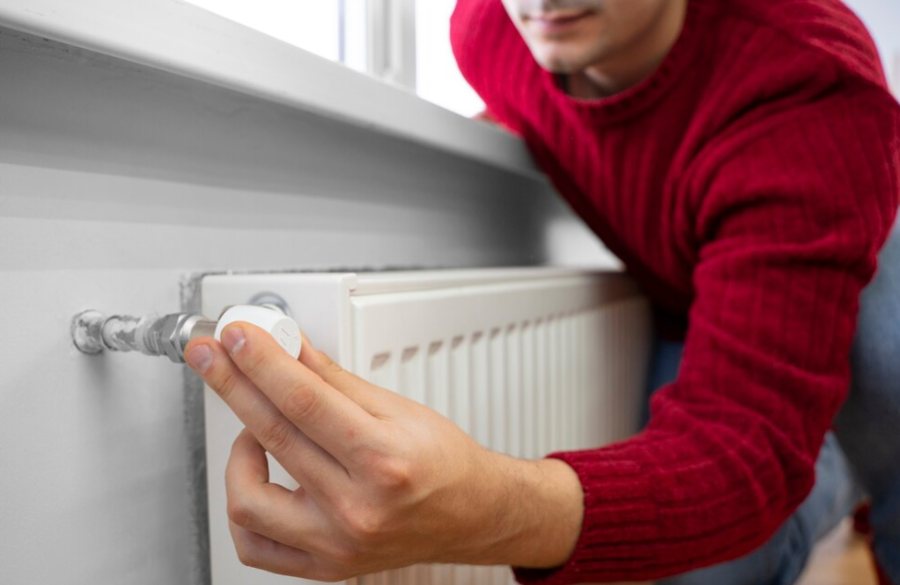Installing a new heating system in your home is a significant investment that can greatly impact your comfort, energy efficiency, and overall costs. Whether you are replacing an old system or installing one in a new home, careful planning and consideration are essential to ensure you choose the right system and have it installed correctly.
Here are four key considerations to keep in mind during the heating system installation process:
1. Assessing Your Heating Needs
Before selecting a heating system, it’s also crucial to assessing specific heating requirement. This involves considering the size of your home, the number of rooms, the climate in your area, and your household’s heating preferences. The right heating system should efficiently provide enough heat to keep your home comfortable during the coldest months without being overly expensive to operate.
One of the primary factors to consider is the system’s capacity, measured in British Thermal Units (BTUs). An undersized system will struggle to heat your home adequately, leading to uneven temperatures and increased wear and tear. Conversely, an oversized system can result in higher initial costs, short cycling (frequent on-and-off cycling), and inefficient energy use. A professional heating contractor can perform a heat load calculation to determine the optimal system size for your home.
2. Choosing the Right Type of Heating System
There are various types of heating systems available, each with its own set of advantages and considerations. The most common types include furnaces, boilers, heat pumps, and radiant heating systems. Your choice will depend on factors such as your home’s existing infrastructure, fuel availability, and personal preferences.
Furnaces: These systems use forced air to distribute heat throughout the home and are typically powered by natural gas, oil, or electricity. They are a popular choice due to their efficiency and compatibility with central air conditioning systems.
Heat Pumps: Heat pumps transfer heat from the outside air or ground into your home. They are energy-efficient and can also provide cooling during the summer months.
3. Energy Efficiency and Costs
Energy efficiency is a critical factor during heating system installation, as it directly impacting in your utility bills along with environmental footprint. Look for systems with high Annual Fuel Utilization Efficiency (AFUE) ratings for furnaces and boilers, or high Seasonal Energy Efficiency Ratio (SEER) ratings for heat pumps. Higher ratings indicate greater efficiency and lower operating costs over time.
Consider the initial cost of the system, including installation, and compare it to the long-term energy savings. While energy-efficient systems may have higher upfront costs, they often result in significant savings on your energy bills and can qualify for rebates or incentives, reducing the overall cost. Additionally, an energy-efficient system can increase the resale value of your home.
4. Installation Quality and Professional Expertise
The quality of the installation is as important as the choice of the heating system itself. Even the best system will not perform optimally if it is not installed correctly. Therefore, choosing a qualified and experienced HVAC contractor is crucial. Look for contractors who are licensed, insured, and have a good reputation in the industry.
Ensure that the contractor conducts a thorough assessment of your home and discusses the installation process, system options, and any modifications that may be necessary. Proper installation includes correct sizing of ductwork, adequate ventilation, and ensuring that the system is calibrated and tested for optimal performance. Poor installation can lead to reduced efficiency, higher operating costs, and even safety hazards.
Have A Look :-
- How U.S. Is Building A Net-Zero World: Clean Energy Manufacturing Abroad
- PM Modi’s Special Gifts For BRICS Leaders: Nagaland Shawl, Pair of Surahi To Gond Painting
- Bernstein’s Research Report Says India’s Economy Is 16.5 Years Behind China’s. What Are Your Thoughts?

